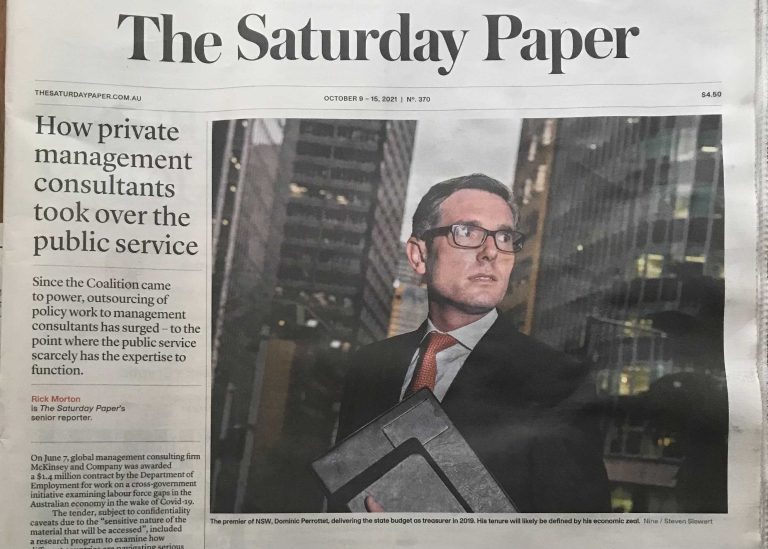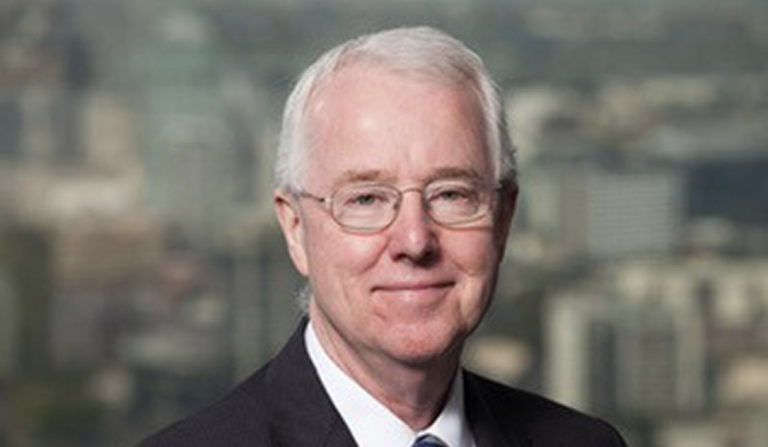Question Time should be central to the vital process of holding ministers accountable for the discharge of their important public duties. On most days, however, it is a farce!
Respected political scientist, John Uhr has argued that the Australian parliament ‘falls well short of its democratic potential.’
| [adsense:234×60:1:1] |
| Advertisement |
Carmen Lawrence, in her important Progressive Essay ‘The Democratic Project‘ identified Question Time as ‘a notorious source of disaffection’ due to ‘accusations instead of questions, replies that contain no information and evade the question and gratuitous attacks on political opponents.’
Does this matter? Our democracy is strong and reasonably healthy, so why should we worry if some institutions are failing to live up to their potential?
While Australians can be justifiably proud of our strong democratic traditions, the checks and balances which will keep it healthy into the future are important. I believe it is the duty of each generation to leave our democratic institutions in a healthier state than they found them.
This generation is failing to meet that obligation.
Question Time in the House of Representatives is a symbolic as well as a substantive aspect of that failure.
As House of Representatives Practice states:
Question Time is a vital element in the crucial democratic process of accountability. However, it is debauched and it has been for years. While everybody knows this is true, no-one is prepared to do anything about it.
 |
| Kim Beazley and Anthony Albanese in Question Time |
The poor old Speaker often wears the blame for much of the inadequacy of Question Time. Sometimes he is called incompetent, sometimes biased and at the worst of times, both. I must confess that I have from time to time shared those assessments. It is true that interpretation of the Standing Orders can play an important role in improving Question Time, as I will argue later in my proposal for a three-stage process of reform.
However, reflection makes it clear that the problem is systemic rather than individual: in the 10 years that I have been in the House of Representatives there have been four Speakers of varying attitudes, competence and fairness, and Question Time has been much the same under all of them.
Similar criticisms of Senate Question Time led to major reforms while I was Manager of Government Business in the Senate in 1992. Under pressure from the then Opposition and the minor parties significant changes were made.
The essential elements of the reform package were:
- time limits on questions and answers;
- guaranteed supplementary questions; and
- the opportunity to debate matters arising during Question Time.
The changes were expected to be a serious constraint on ministers but my experience was that the discipline they imposed was as likely to be advantageous to ministers as a problem.
Merely introducing these reforms to the House would not solve all the problems with Question Time. But the experience does show that a government interested in doing so could achieve lasting reform at little or no political cost.
What is lacking at the moment is the will to fix the problem.
Widespread appreciation of the failings of the current Question Time arrangements has generated serious suggestions for reform. Carmen Lawrence proposed a set of reforms similar to those adopted by the Senate. The Australasian Study of Parliament Group (ASPG) has suggested that the ministerial code of conduct be amended to require ministers to respond appropriately to parliamentary questions.
Both of these proposals are valid.
Analysis of the problem and the various reform options demonstrates that some improvements could be made immediately; others require amendment of the antiquated standing orders while a long-term solution requires broader changes to the character and operation of parliament.
Within the existing standing orders the Speaker’s role in applying the rules is the key to the first stage of reform. More flexible interpretation of the rules, to allow any question on public matters which was not expressed in offensive language, would take much of the heat out of that part of the process.
The only requirement concerning answers is that they must be relevant. This does not give the Speaker much to work with. But, if the relevance rules were applied with more rigour to require that ‘answers’ were not merely about the same general subject as the question but were actually relevant to the task of answering the question the parliament would work more effectively.
For more lasting change, the standing orders would need to be amended to:
- set time limits on answers;
- abolish the ridiculous limitations on questions (eg why does it matter if a question seeks an opinion or may be ironic?);
- allow a limited number of supplementary questions; and
- set aside a specified amount of time to debate issues raised during question time.
While the ASPG proposal may not solve the problems with question time it could transform the handling of questions on notice which sometimes go unanswered for years!
A reform plan incorporating at least these two stages is required if the parliament is to be an effective vehicle for holding the government accountable. To transform the parliament to achieve its full potential and restore its standing in the eyes of the public a more drastic overhaul would be needed.
Such a transformation would require a genuinely independent Speaker and a change in the way Bills are presented, considered and debated. It is unlikely that such a change would even be considered until stages 1 and 2 have been introduced and found to work.
But the Westminster system requires a secure majority for a government in the lower house and no parliamentary reform will be effective without at least the tacit acceptance of a Prime Minister who accepts the need for an enhanced ethos of accountability.
Realistically, such changes are only likely to be implemented in the early days of a new government – that is, before the benefits of the existing system become too attractive. Therefore, if we change the government at the next election there will be a narrow window of opportunity for genuine and significant parliamentary reform.
It is vital that we don’t miss that opportunity.



